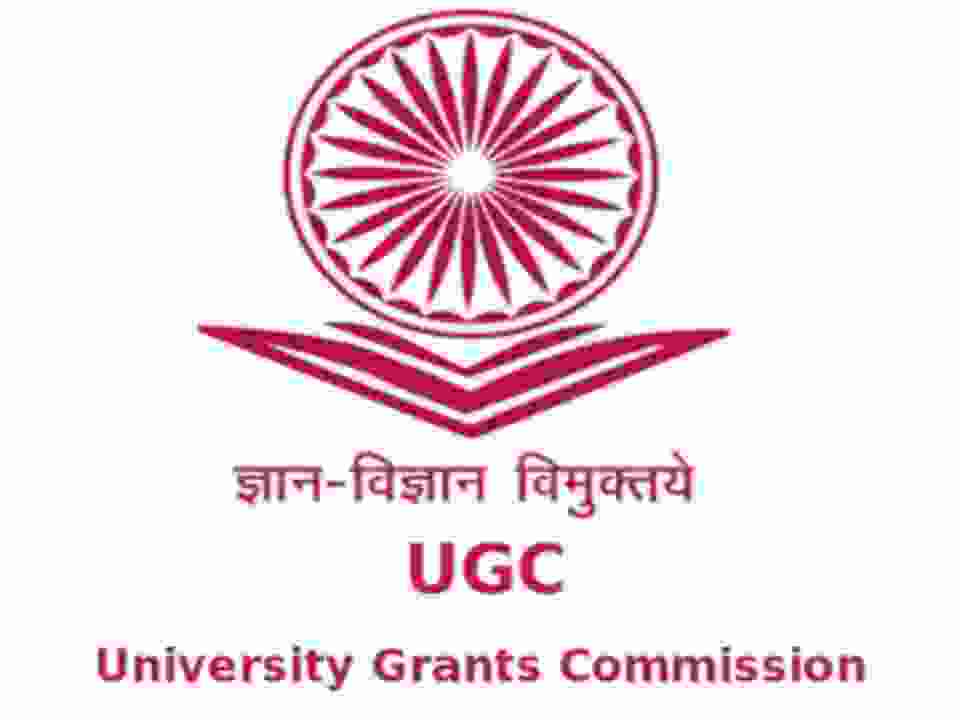Description
The University Grants Commission (UGC) released a proposed curriculum and credit system for postgraduate programs, recommending a one-year postgraduate program.
“The National Education Policy 2020 recommends different designs of master’s programmes with entry & exit facility and greater emphasis on research. In accordance with the policy, UGC has prepared draft Guidelines on Curriculum and Credit Framework for Postgraduate programmes,” the official UGC letter stated.
According to the proposed regulations, students who complete a four-year bachelor's degree with honors/honours with research may be eligible for a one-year master's program or an integrated 5-year bachelor's/master's program.
The UGC has also advised that students be able to switch from one field of study to another. It also suggests that students who graduate with a double major have the option of choosing any of the two topics in which they majored. Students who complete their undergraduate studies with a major and a minor (s) will be able to choose either a major or a minor (s) subject for their master's degree.
Furthermore, students will have the option to select courses of interest and the flexibility to move to other modes of learning (offline, ODL, online learning, and hybrid modes of learning).
The credit requirement and eligibility suggested for masters programme is-
A bachelor's degree with Honours/Honours with Research and at least 160 credits for a 1-year/2-semester master's program at NHEQF level 6.5.
A 3-year/6-semester bachelor’s degree with a minimum of 120 credits for a 2-year/4- semester Master’s programme at level 6.5 on the NHEQF.
A 4-year Bachelor’s degree (e.g. BE, BTech. etc.) with a minimum of 160 credits for a 2-year/4-semester Master’s programme (e.g. ME., M Tech. etc.) at level 7 of NHEQF.
According to the draft curriculum, a PG Diploma (level 6) will have 40 credits and 240 credit points, a 1-Year PG after a 4-year UG (level 6.5) will have 40 credits and 260 credit points, a 2-Year PG after a 3-year UG (level 6.5) will have 40+40 credits and 260 credit points, and a 2-Year PG after a 4-year UG such as B E., B Tech.
NHEQF level 4.5 reflects learning outcomes acceptable for the first year (first two semesters) of an undergraduate program, whereas level 8 represents learning outcomes appropriate for a PhD program.
Welcome to Notopedia.com, your comprehensive and free online education resource that covers a vast array of competitive exams and government job opportunities in India. We understand the importance of excelling in sarkari exams, such as UPSC, IBPS, and SSC CGL, SSC CHSL which serve as gateways to esteemed government positions. Our platform offers detailed insights into exam patterns, syllabus, and previous year question papers for various exams, including NEET, JEE, CAT, CLAT, GATE and more. Whether you're preparing for banking exams like IBPS, SBI, railway recruitment or railway exams like RRB, or seeking admission to top-notch MBA and law programs, Notopedia provides you with a wealth of free study materials, mock tests, online test series and expert guidance. Stay up-to-date with the latest exam dates, results, and admit cards for exams like JEE Main, UGC NET, and CET. As you embark on your educational journey, make Notopedia your go-to destination for free mock tests, comprehensive resources, and the latest updates on sarkari results, government job vacancies, and competitive exams. Empower your learning with Notopedia and achieve your academic and career aspirations with confidence.
For more Updates and Information - Visit Notopedia's Bulletin Board
For Latest Sarkari Jobs - Visit Notopedia's Sarkari Jobs Section
For access to more than 20,000 Colleges - Visit Notopedia's College Section
For School Studies and Exams Preparation across 14 Boards - Visit Notopedia's School Section
For Comprehensive Preparation of Sarkari Job Exams - Visit Notopedia's Sarkari Exams Section










